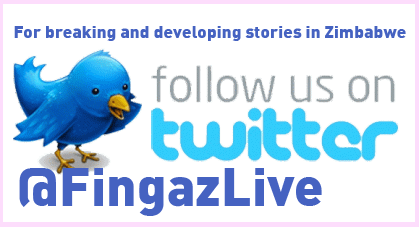

FOLLOWING a long struggle to conceive a baby, Northamptonshire-based couple Alex and Natalie Mutambudzi have launched Fertility Zone, an app-based community that aims to provide social support, advice, and resources to men and women struggling to get pregnant.

Alex and Natalie created Fertility Zone to help people through their fertility journeys
Alex and Natalie created Fertility Zone to help people through their fertility journeys after an extremely challenging journey of their own. Over six years, the couple went through 12 IVF cycle treatments, seven miscarriages, and spent a total of £50k in medical bills.
In December 2019, they celebrated the birth of their miracle baby boy, Joshua. Alex, a finance director, and Natalie, founder of a beauty business, met in 2007, marrying a year later with the dream of starting a family of their own.
After five years of trying to get pregnant with very little support, they began to consider assisted fertility as an option. Initially, there were some doubts due to their Christian faith.
But in 2014, Alex and Natalie decided to try IVF. However, after numerous appointments with different doctors, Alex and Natalie felt frustrated, feeling that their concerns weren’t being well understood. At that point, they decided to take ownership of their fertility journey, especially given that by then Alex was 38 and Natalie was 37.
Time was running out. Because Alex already had two children from a previous marriage, he and Natalie were not eligible for IVF treatment with the NHS. Following a long period of research, they found a reputable clinic in the UK and began what they expected to be their first and only cycle of IVF treatment.
The cycle was unsuccessful. “The painful part is that after all of the money spent on treatment, there was very little explanation as to why the cycle did not work,” says Alex.
Following the difficult experience they had in the UK, as well as for cost reasons, Alex and Natalie decided to seek help overseas. Over the next five years they had numerous consultations in the Czech Republic and Greece, trying various treatments and with Natalie undergoing several operations.
Throughout this journey, Alex would track the outcomes of the various treatments, building a record of the couple’s consultations. This became a valuable resource when attending appointments and eventually came to be the inspiration for Fertility Zone.
 Now, Fertility Zone is a directory of resources – such as podcasts, articles, and recommended organisations – as well as a series of groups that focus on topics related to fertility. Subjects covered include surrogacy, IVF abroad, and miscarriage, among many others.
Now, Fertility Zone is a directory of resources – such as podcasts, articles, and recommended organisations – as well as a series of groups that focus on topics related to fertility. Subjects covered include surrogacy, IVF abroad, and miscarriage, among many others.
In the app, users can create posts to tell their story, seek advice, and offer support, while commenting on the posts of others. “Our fertility journey was incredibly difficult. We started off in a place with no help, support, or information about the process.”
“Our goal with Fertility Zone is to make the journey a little easier for other hopeful couples and individuals around the globe,” Alex explains.
Fertility Zone is available now on the App Store for iOS devices and Google Play for Android.